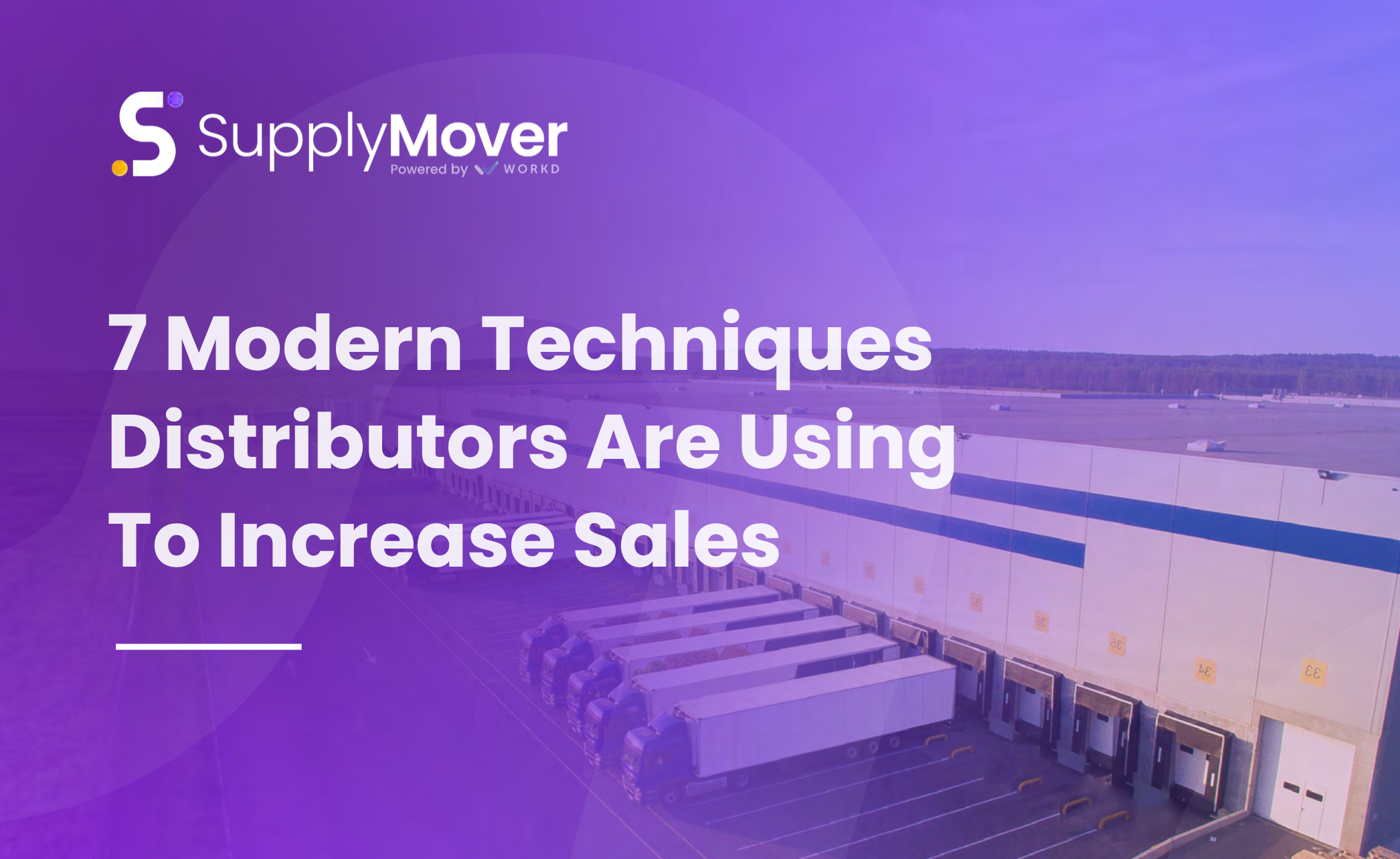When a CRM Doesn’t Drive Revenue

More often than not, the promise of a Customer Relationship Management (CRM) system lies not only in better organization and management of customer data but also in the potential to drive revenue growth.
However, the unfortunate reality is that many CRM implementations fail to deliver on the promise of increased revenue. This failure often stems from the misconception that any CRM will automatically bolster sales, when in fact most CRM platforms are not inherently designed to directly increase revenue.
The key is identifying CRMs that go beyond mere data management and offer specific sales enablement tools tailored to distributors’ unique needs.
CRM applications can increase revenue by up to 41% per sales representative. - Finances Online
Misconceptions Surrounding CRMs
One of the main reasons CRM implementations “fail” for distributors is the fundamental misunderstanding or misuse of these systems. CRM platforms are frequently instruments primarily for inspection and tracking purposes, but expectations are often set for increased sales.
While inspection and tracking of data and customer interactions are undeniably vital aspects of CRM functionality, unfortunately many distributors don’t know that most CRMs are solely built for those purposes. Misconceptions surrounding CRMs are unsurprising considering the relative newness of them, especially for the distribution industry.
Read about the newness of B2B-specific CRMs in our free white paper: Embracing AI in Distribution
When CRMs are utilized primarily for tracking and inspection, the emphasis on data entry and monitoring can also make it more difficult to get employees on board with the system. It may seem to them like one more task to do, rather than a useful tool.
Sales teams, the core users of CRM systems, often find themselves engrossed in mundane tasks, such as manual data entry and upkeep, and when a CRM is simply used as a place for them to log data and have their calls or visits monitored, it is no surprise that adoption can be a struggle for some companies.
However, the right CRM system can automate many of those mundane tasks AND provide tangible ways for them to improve their sales.
The ROI of a CRM software system, when properly implemented, can exceed 245%. - IBM
How to Avoid a CRM Failure
The primary goal of a CRM system should not only be to store and organize customer data, but to empower sales teams. Distributors should seek CRM solutions that offer specialized sales enablement tools designed to boost revenue, such as the following:
Suggested Selling Tools
A key feature to look for in a CRM, if you’re seeking increased sales, is the ability to provide AI-driven sales recommendations. These recommendations use algorithms to analyze customer behavior, preferences, and historical data to make intelligent sales suggestions. This means the ability to predict customer needs, anticipate orders, and – most importantly – improve cross-selling and upselling.
Product recommendations can be provided to sales representatives by the CRM platform, or even in the e-commerce portal for customers to utilize while shopping. Under this umbrella you may also find easy reordering, sometimes with a click to reorder or via recommending the products from the last order.
Analytics
Predictive analytics within a CRM can provide invaluable insights by forecasting market trends, identifying potential opportunities, and highlighting areas for growth. Such predictive capabilities allow distributors to make informed decisions and strategic moves that directly impact the bottom line.
Similarly, KPIs and goal tracking can be used by individual sales representatives to help them meet their daily goals, as well as allow their managers to check in. Sales reps love these tools because they can have the goals they set for themselves displayed automatically, rather than manually keeping track.
Automations
In distribution, many hours each day go to rote tasks like manual data entry, which means those hours are taken away from making sales. One of the simplest ways to make more money is to save time, and that’s just because of how truly simple it is to automate these time-consuming tasks.
Different CRM systems will automate various kinds of tasks such as followup emails, order updates for customers, promotional emails, call logging, pricing approvals, and license checks. Custom workflows can even be created to automate processes that are more complicated and unique to your business. Data from daily activities and sales can be automatically tracked, which means reps are spending all their time selling.
Not all CRMs are created equal. To truly see an impact on revenue, distributors need to seek out CRM solutions that are tailor-made for their industry and have the sales enablement features necessary to improve sales.
CRM Built for Distributors
We’re called SupplyMover for a reason; we help distributors move more product. Meaning, we’re actually built for the purpose of increasing sales, not just organization and tracking.
Here’s a glimpse of what SupplyMover brings to the table:





